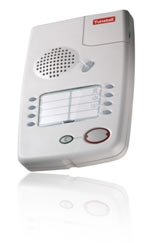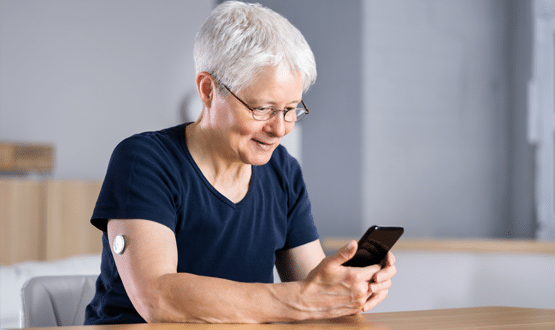Reducing admissions with telehealth
- 20 January 2009
 Helen Rollings, community matron at Swindon PCT, explains the trust’s decision to mainstream its telehealth service.
Helen Rollings, community matron at Swindon PCT, explains the trust’s decision to mainstream its telehealth service.
At Swindon PCT we have a higher than average prevalence of chronic obstructive pulmonary disease (COPD) and the condition is the single largest cause of emergency admissions in our area.
To tackle the problem we decided to look beyond traditional health service strategies for caring for patients with COPD to provide a more responsive community-based model of care.
The result was the introduction of telehealth services for patients with COPD, using technology to remotely monitor patients in their own home. Our aim was not only to reduce hospital admissions for patients with COPD but also to improve patients’ quality of life and increase their ability to self-manage their condition.
We selected telehealth provider Tunstall as our partner and at first began with a pilot involving 11 high risk patients. The patients were shown how to use a monitor to measure their own vital signs including heart rate, weight, blood pressure and oxygen levels. Patients also had to respond to a series of specific clinical questions which provide further details of the patient’s condition. Results were sent to our primary care centre where a nurse analysed the data and arranged appropriate action if patients had readings outside the pre-set parameters.
The aim was to allow the patient to be monitored in their own home and for the nurses to manage their care remotely. By detecting changes in a patient’s health at an early stage we hoped proactive action could be taken which would reduce the number of unscheduled visits.
The six month pilot found that the number of hospital admissions was cut by an average of one admission per patient. An average stay in hospital for a patient with COPD is 11 days and we estimated we had saved approximately £300,000 from the 11 patients.
As a result the PCT decided to mainstream the telehealth service for patients with COPD, providing another 50 monitors to patients in the town.
Remotely triaging patients helps us to prioritise staff visits which means those patients with COPD experiencing a critical change in their health receive more timely. proactive medical intervention. Patients have also reported feeling more engaged with clinical staff as a result of telehealth monitoring.
The PCT has also had good feedback from carers within the PCT who report that the service provides peace of mind and reassurance that when they are not there support is available 24 hours a day.
To see patients taking more responsibility for managing their condition has been immensely encouraging and represents a crucial step in the effective management of long term conditions.
We are now looking at a number of different options for how we might take telehealth monitoring forward in the area. One possibility is to make greater use of telehealth monitoring as an educational tool for patients to give them a greater knowledge of their condition. The goal would be to help patients better understand their symptoms and which physical activities can make a difference to their condition.
We may also extend telehealth monitoring for patients with other long term conditions such as diabetes. We are looking forward to making telehealth an integral part of our overall model of care.




